A 1992 review in CAR magazine likened the Bentley Turbo R to the Flying Scotsman steam train. ‘An honest but simple high-speed express,’ it said, “hand-crafted, and the fruit of the labours of a small but talented group of engineers and artisans.’
Launched in 1985 as a successor to the Mulsanne Turbo, the Bentley Turbo R (that’s ‘R’ for ‘roadholding’) was the fastest luxury car money could buy.
It was a lot of money, too; the Turbo R was the second most expensive car on the Bentley and Rolls-Royce price list at the time, behind the Rolls-Royce Silver Spur. This particular example would have set you back £110,000 when new in 1988.
What are its rivals?
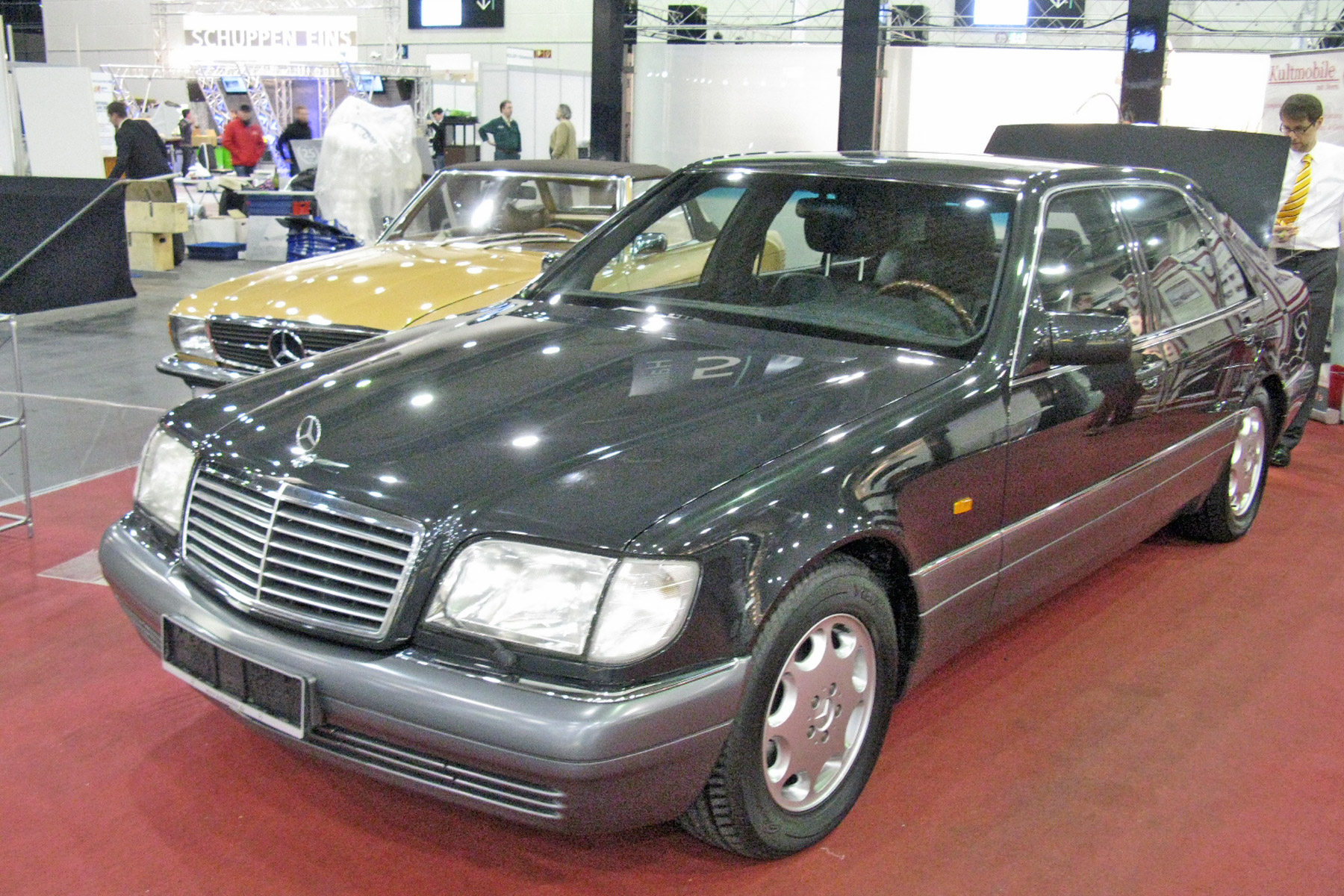
There was no shortage of powerful saloons in the late 1980s and early 1990s. However, none were quite so ostentatious – or expensive – as the Bentley Turbo R.
The ‘W140’ Mercedes-Benz 600 SEL was powered by a wonderful V12 engine and was a far more modern car overall, while Jaguar added a V12 to its XJ saloon range in 1993.
What engine does it use?
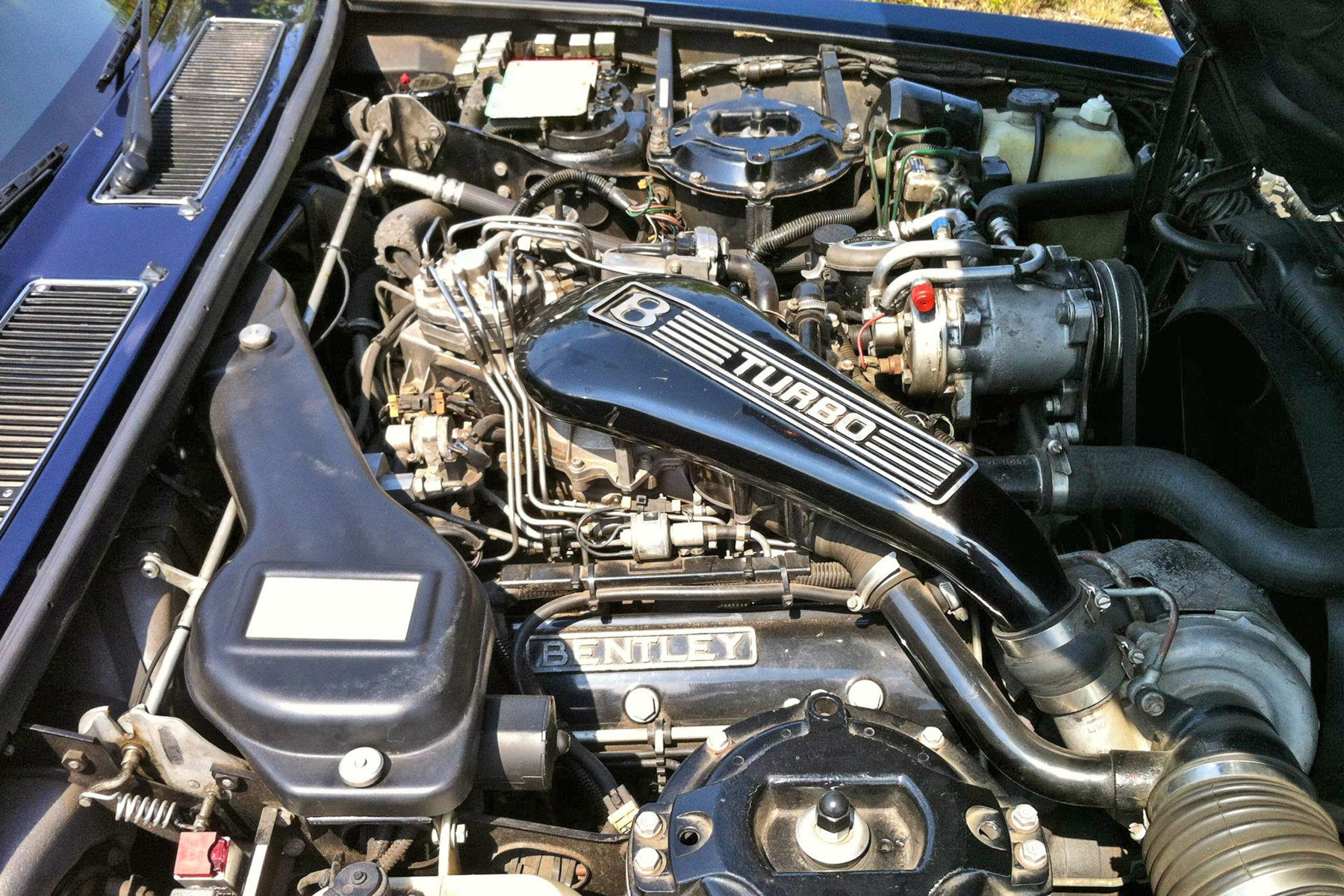
“I wanted to follow the trend for downsized, turbocharged engines,” the owner of this spectacular Bentley Turbo R tells me, having previously owned a 7.2-litre Jensen Interceptor SP.
Under the bonnet, you’ll find a handcrafted 6.75-litre V8 with a huge Garrett AiResearch turbocharger. The whole package produces around 300hp. However, Bentley never quoted any performance figures – it simply wasn’t the done thing.
CAR magazine tested the long-wheelbase version of the Turbo R, hitting 60mph in 6.6 seconds. Top speed was limited to 135mph.
What’s it like to drive?
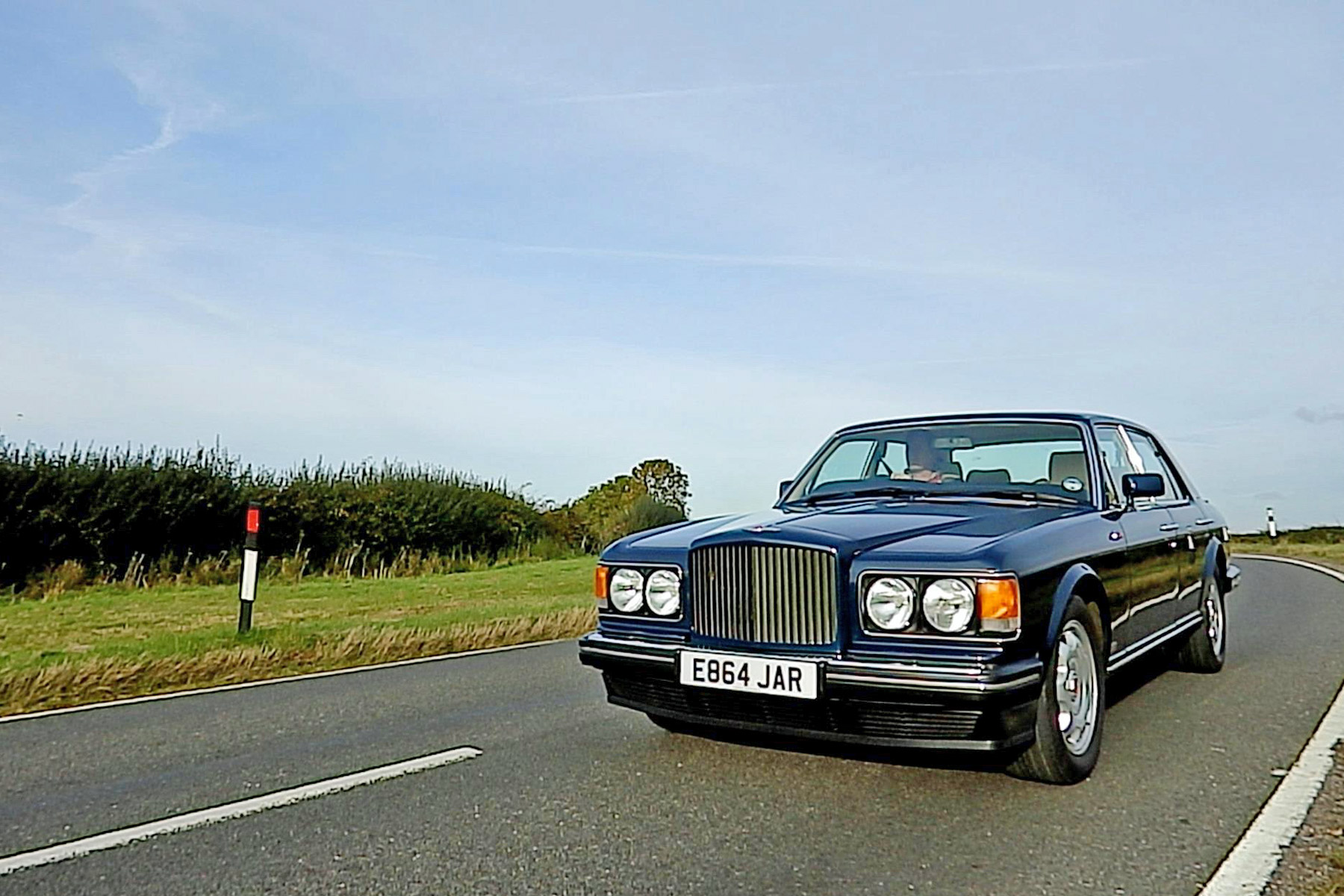
A few moments of readjustment are required when you get behind the wheel of a Bentley Turbo R. For a start, it’s huge, even by today’s standards. It’s easy enough to manoeuvre, though. The angular shape helps here, along with thin windscreen pillars.
Drive is engaged using a selector wand on the steering column. The gearbox is an old-fashioned three-speed affair (four-speed transmissions were introduced to the Bentley range in 1990), but it seemingly does little to blunt performance.
Get the Turbo R out onto open roads and it still has the acceleration to surprise sports cars more than 30 years its junior. It also has a remarkable ability to gather speed with its occupants barely noticing. Unlike modern performance saloons, which feature dampers that can be switched between ‘uncomfortable’ and ‘bone-shaking’ – not to mention sports exhaust systems as standard – the Turbo R wafts wonderfully towards slightly illegal speeds with the minimum of fuss. It’s splendid.
Your enthusiasm might be blunted slightly as you try to thread the 2.4-tonne Bentley along narrower roads, but put your confidence in the car and it will – cliché clang – shrink around you. It really does drive like a much smaller car when you gain the confidence to make progress.
Reliability and running costs
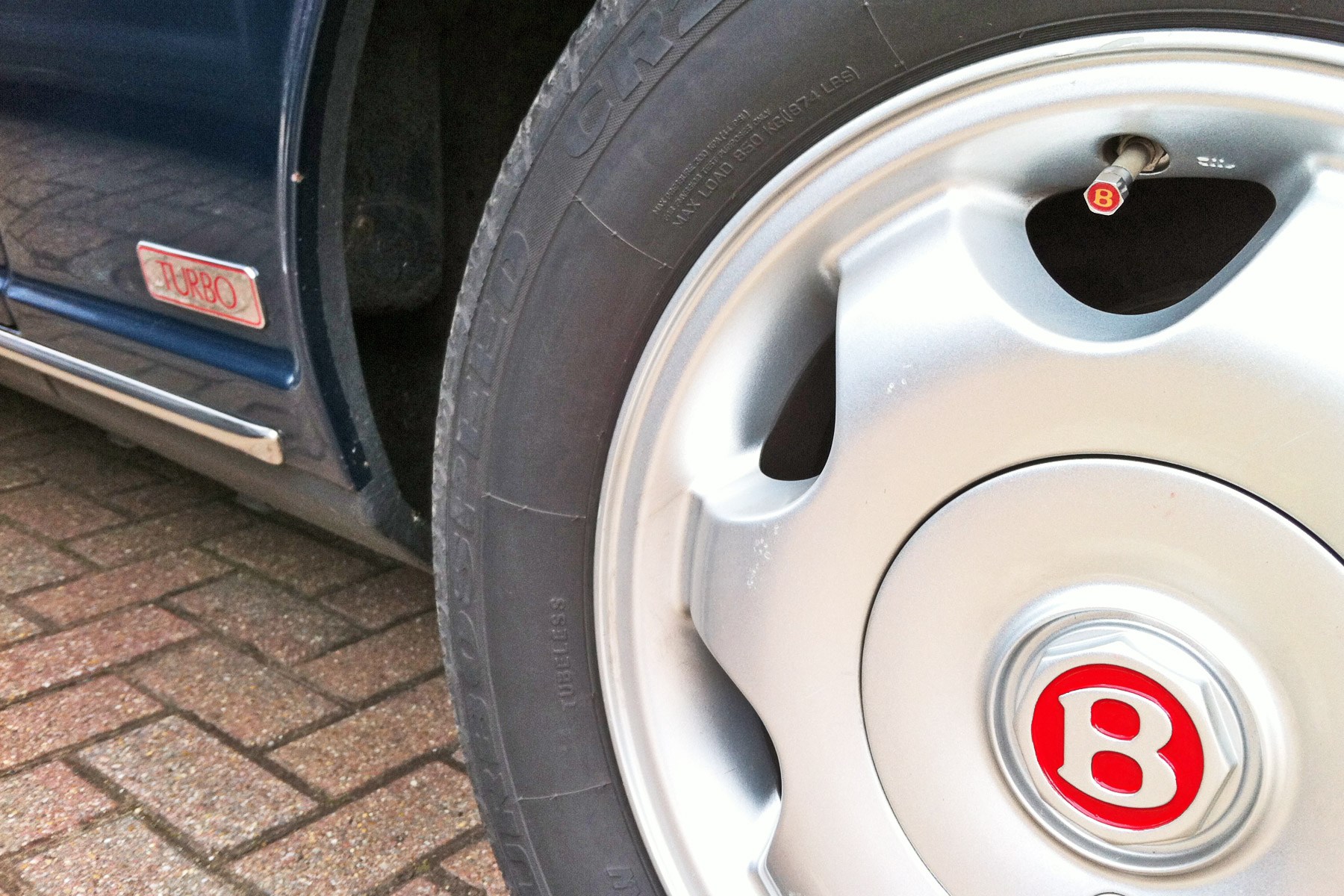
This is the catch. The Bentley Turbo R isn’t exactly unreliable, but it’s of an age where niggles will appear – and they won’t be cheap to fix. The tyres, for example, cost upwards of £300 per corner, and you should budget £5,000 for a head gasket replacement (a worryingly common issue).
Find a specialist insurance company and a Turbo R shouldn’t cost a fortune on a limited-mileage policy, while there is a big enthusiast network to keep it running. Fuel economy? Expect mid-teens, possibly 20mpg at a push.
It’s not the car to buy if you want to avoid petrol stations – although the owner of this example says he manages around 340 miles between fill-ups.
Could I drive it every day?
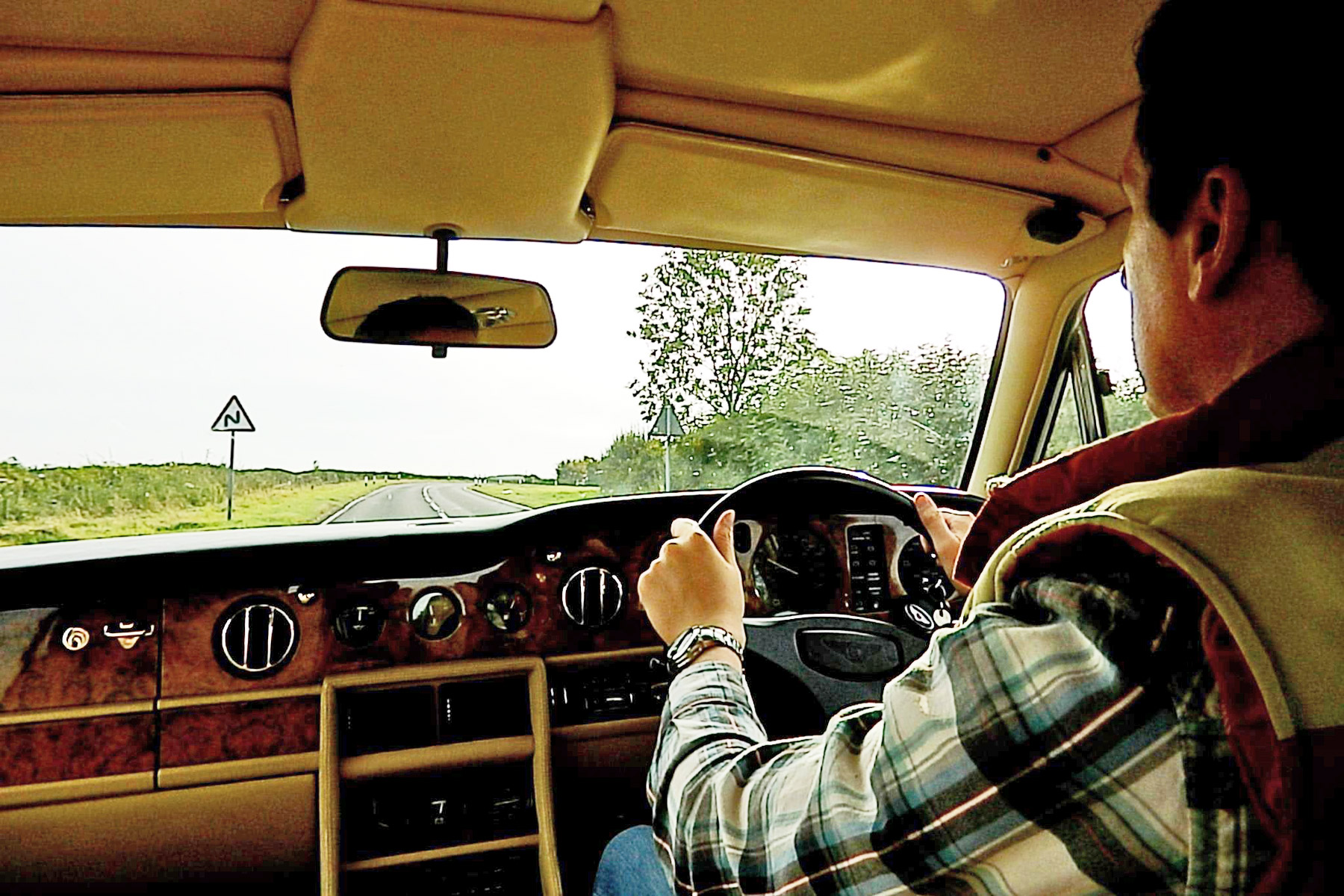
A Bentley Turbo R would be a lovely thing to drive every day. Even the fanciest massaging seats of today’s super saloons can’t compete with the huge, cosseting leather chairs of the Turbo R for pure stress relief after a tough day in the office. That V8 engine will never get boring, either.
There’s a line of thought that suggests a Turbo R much prefers regular use to being left standing, but you’ll need deep pockets to run one as a daily-driver.
How much should I pay?
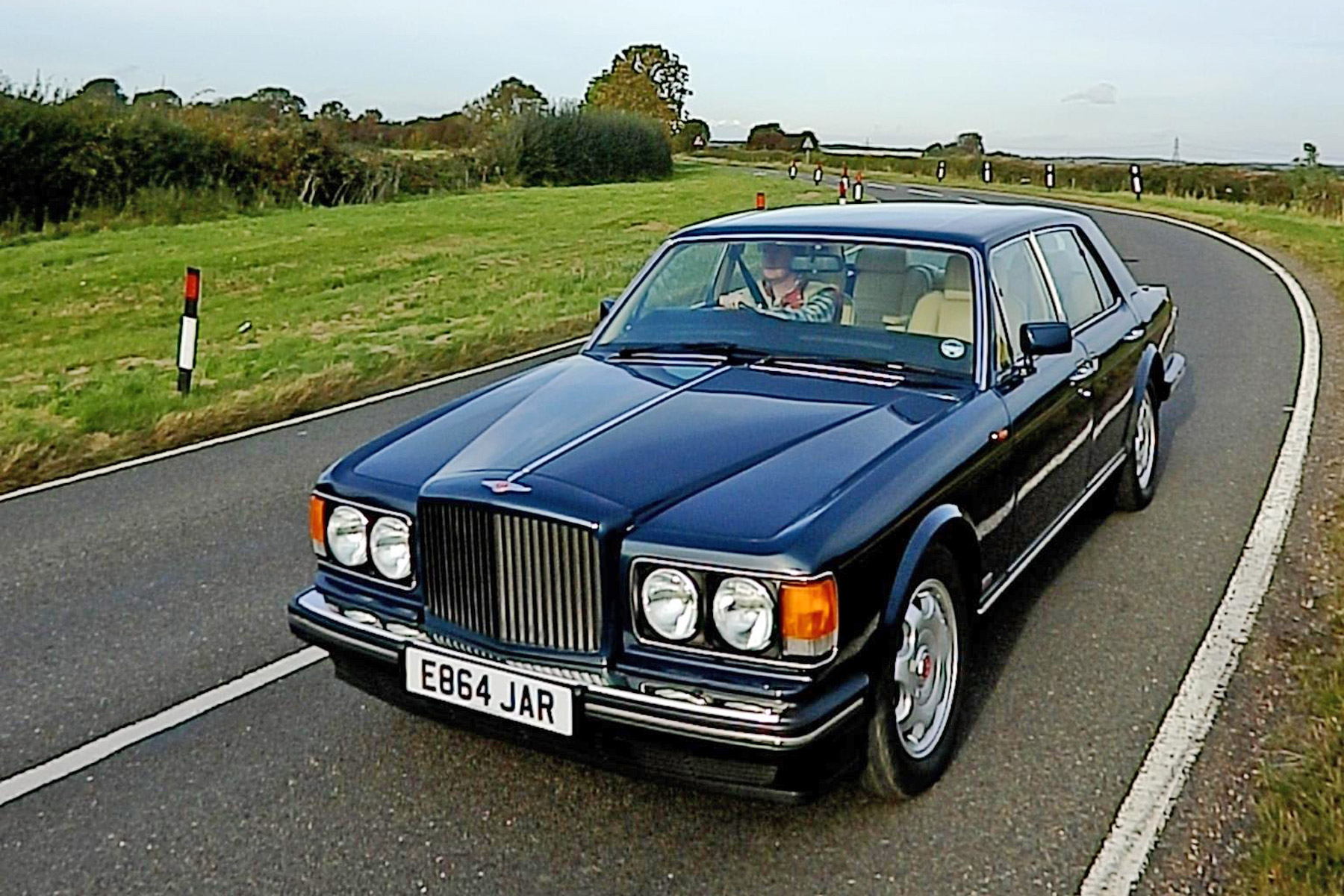
Something we often say in the Retro Road Test is ‘buy the best you can afford’. That’s very true for the Bentley Turbo R. Although ropey early examples can be picked up for a few thousand pounds, they have the potential to be a massive pain in the wallet.
Ideally, we’d look to spend at least £15,000 at a specialist dealer. Many are for sale in central London and, while these aren’t necessarily to be avoided, beware that a stop-start life on the capital’s streets could result in more wear and tear than an example covering twice that mileage further afield.
What should I look out for?
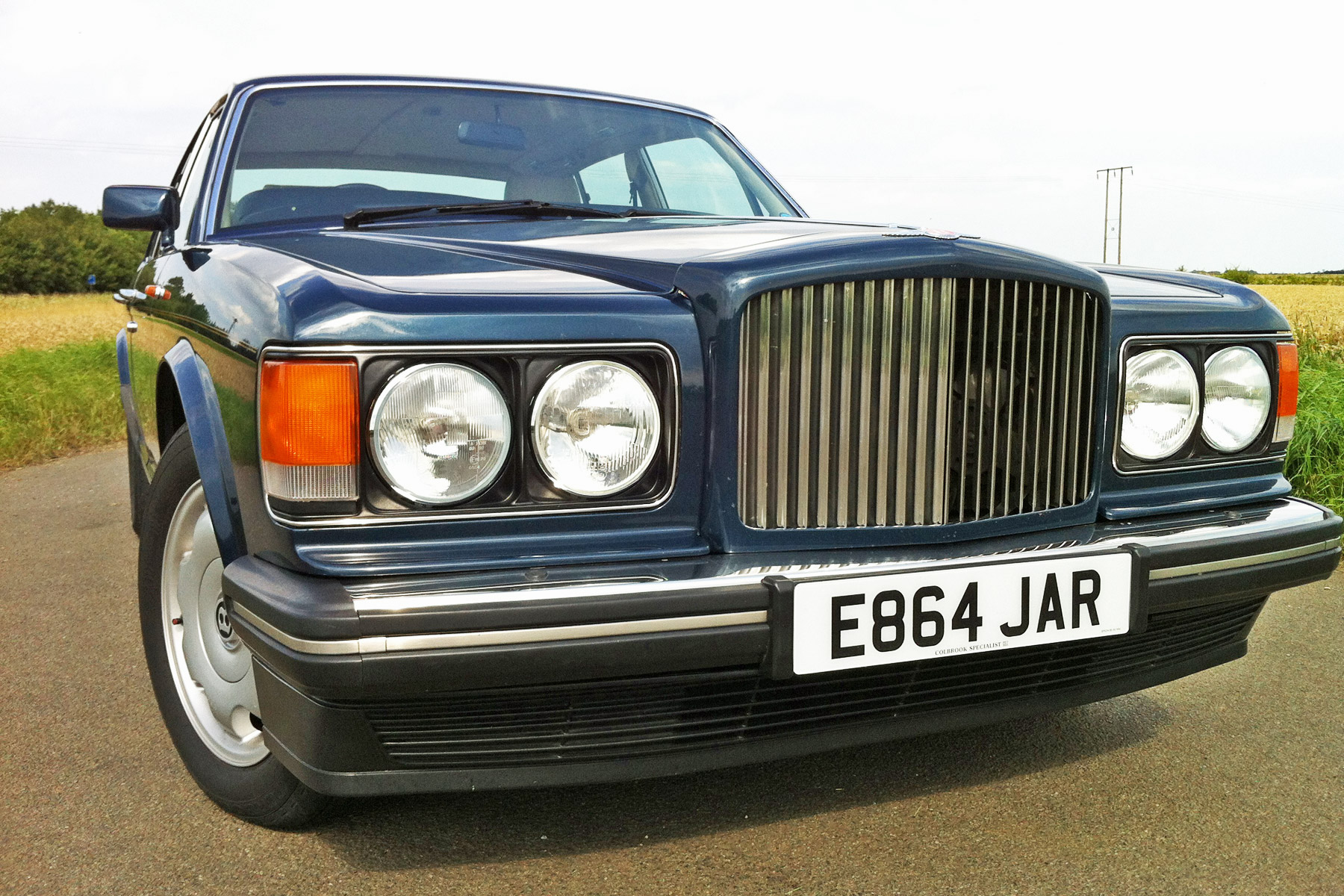
The Bentley Turbo R is a pretty tough car, but even the smallest of faults could result in a big bill, so negotiate hard if you find any issues. Full service history is a must, preferably at a specialist, and the post-1986 fuel-injected models are generally seen as more reliable.
Corrosion can be an issue, and check under the bonnet for any signs of oil leaks. On the test-drive, make sure the turbocharger pulls well, and test all the electrics. The cooling system has the potential to be problematic, so check the coolant level and watch the temperature gauge.
Should I buy one?
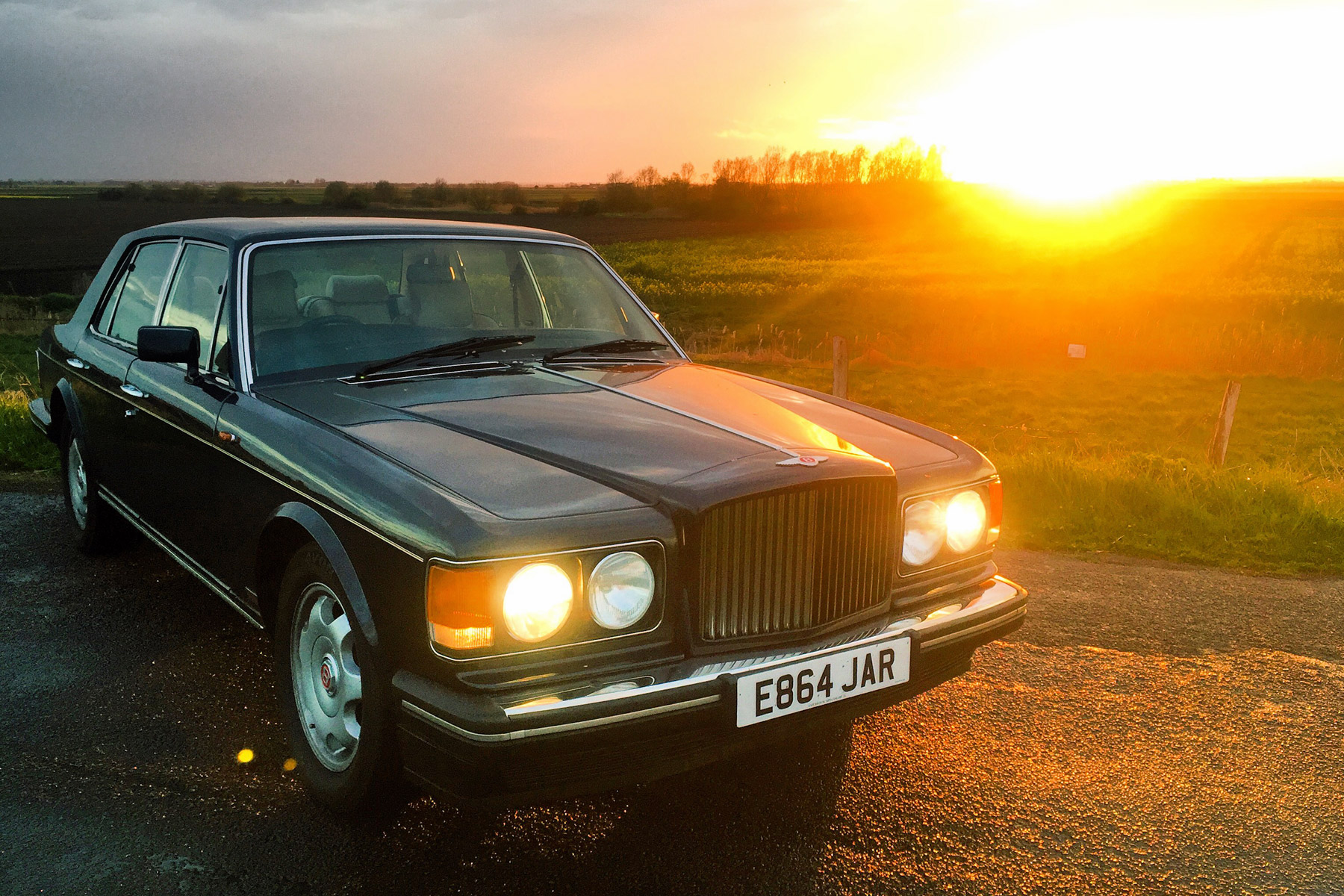
A cheap ‘Blower’ Bentley is a really tempting proposition, but this isn’t a car to run on a budget. Buy a good one, keep on top of the maintenance and it has potential to be an investment.
Starting at less than £10,000, we think prices can only go one way. It won’t be long before even the ropiest cars command close to £20,000.
Pub fact
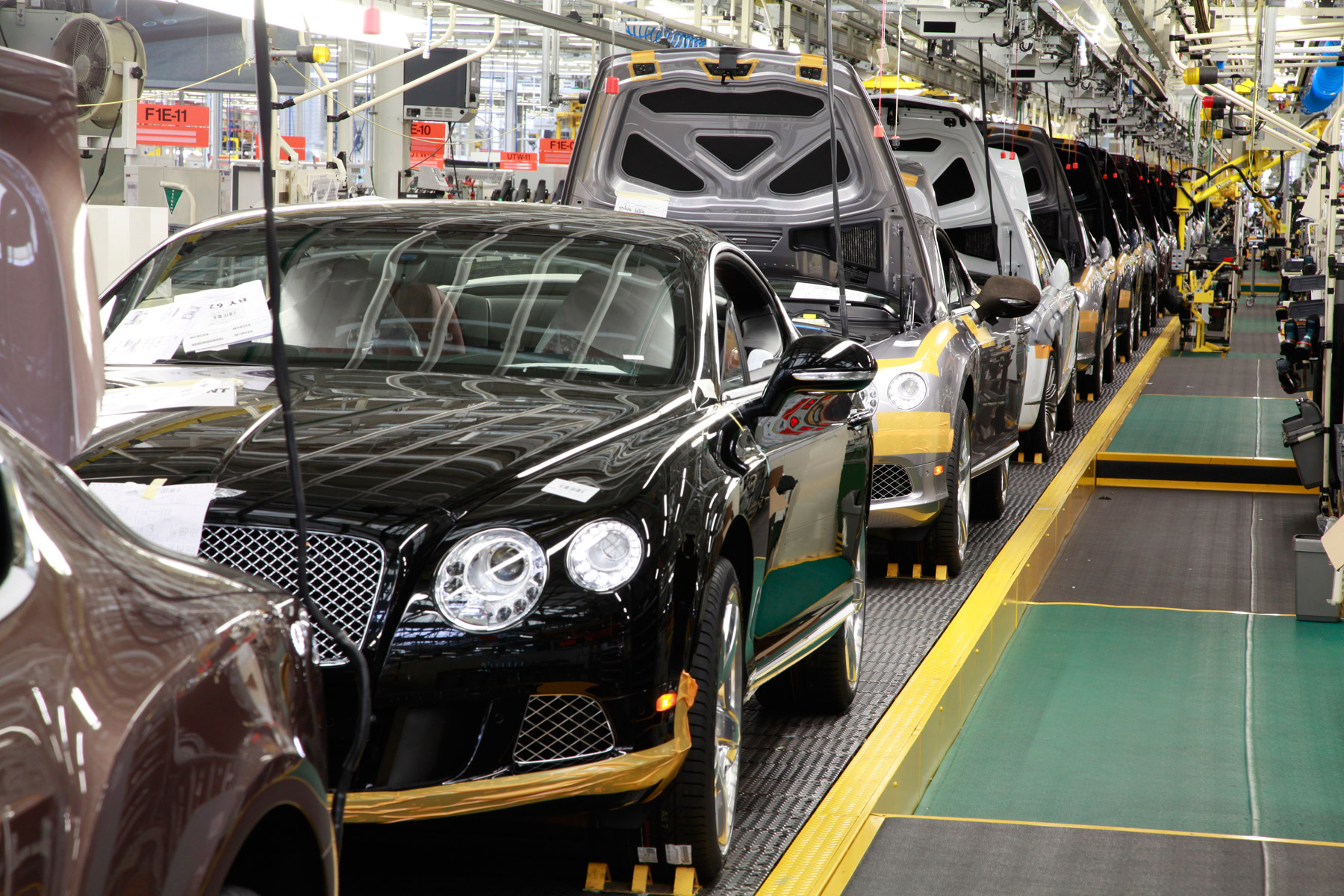
Nicknamed ‘Crewe’s missile’, the Turbo R was built at the Bentley factory in Crewe, Cheshire. The plant is still going strong today, having built a record 15,174 cars in 2022.
The Bentayga SUV was Bentley’s best-selling model last year, accounting for 42 percent of the total. The Continental GT was next, on 30 percent, with the Flying Spur saloon taking the remaining 28 percent.
ALSO READ:
1983 Lotus Esprit S3 review: Retro Road Test


